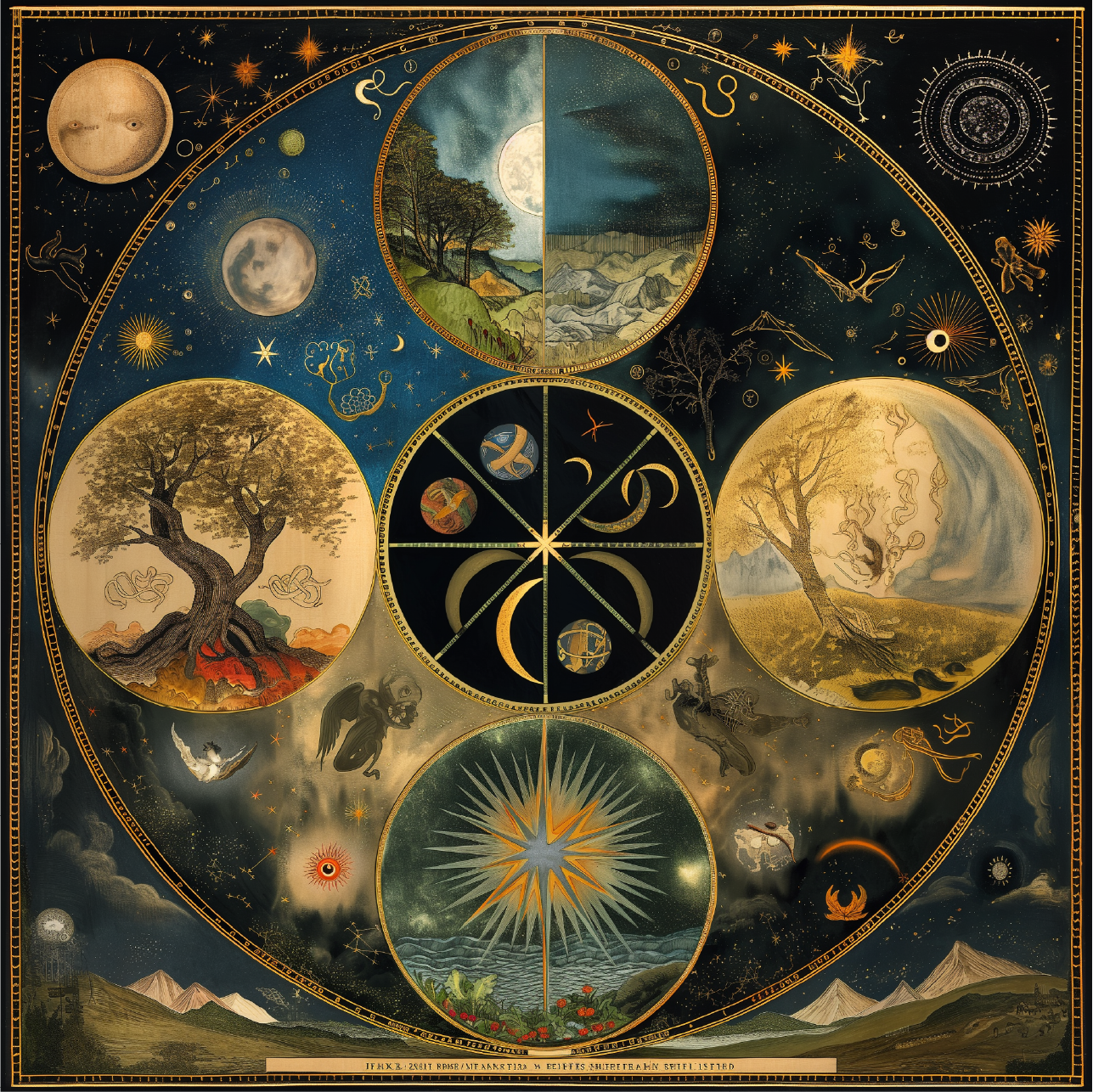The Everyman archetype, as described by Carl Jung, embodies the qualities of the ordinary, average person. This archetype represents the universal human experience and reflects the shared struggles, hopes, and fears of humanity. Everymen are characterized by their relatability, humility, and down-to-earth nature.
At its core, the Everyman archetype symbolizes the quest for belonging and connection. Individuals who resonate with this archetype often see themselves as part of a larger community and find fulfillment in the simple joys of everyday life. They are not driven by grand ambitions or lofty goals but instead seek comfort, security, and a sense of belonging.
In the psyche, the Everyman archetype represents the integration of the collective unconscious—the shared experiences and emotions that unite all of humanity. Everymen often serve as the protagonists of myths, stories, and folklore, embodying the universal struggles and triumphs of the human condition.
However, the Everyman archetype also carries the potential for shadow aspects, such as conformity, mediocrity, and a fear of standing out. When these shadow traits dominate, individuals may become stuck in a rut, afraid to take risks or pursue their dreams for fear of failure or rejection.
In myth and folklore, the Everyman archetype is often represented by figures such as the common folk, the everyday hero, or the average citizen. These archetypal stories serve as reminders of the value of humility, compassion, and solidarity, reminding us that we are all in this journey of life together.

.png)


